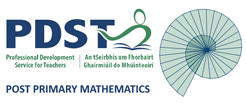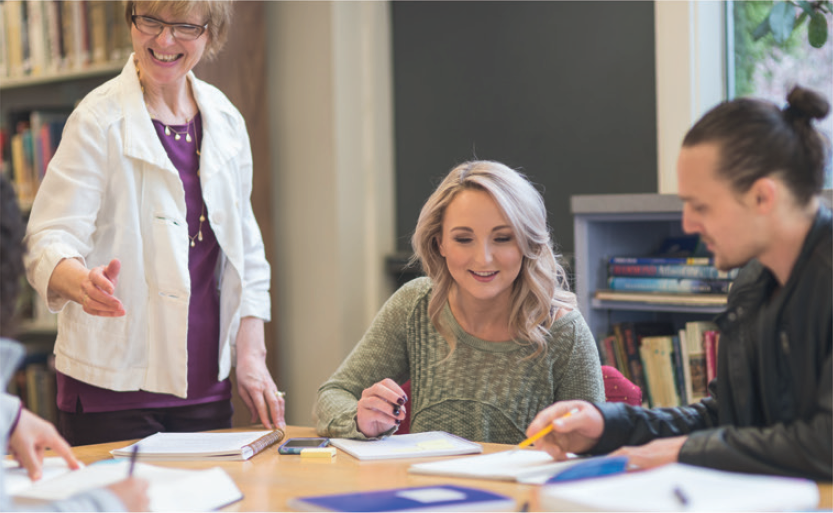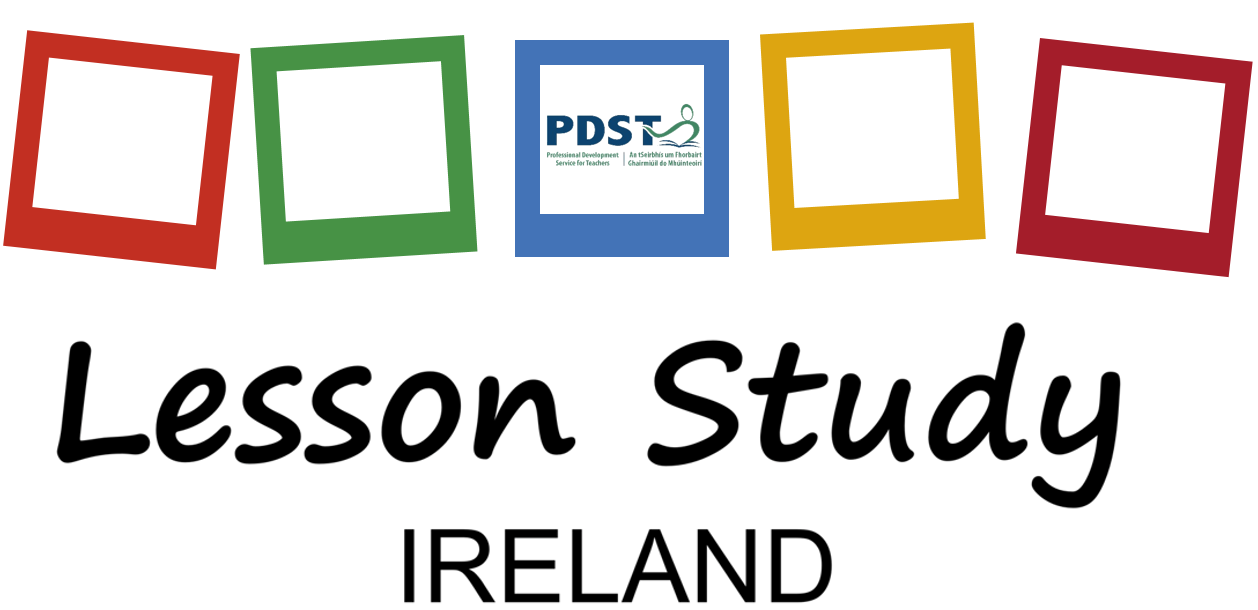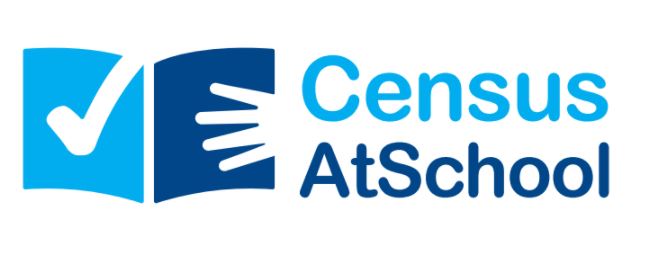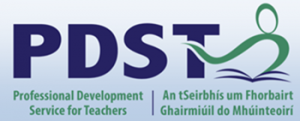This website uses cookies so that we can provide you with the best user experience possible. Cookie information is stored in your browser and performs functions such as recognising you when you return to our website and helping our team to understand which sections of the website you find most interesting and useful.
Privacy Overview
Strictly Necessary Cookies
Show details
Strictly Necessary Cookie should be enabled at all times so that we can save your preferences for cookie settings.
If you disable this cookie, we will not be able to save your preferences. This means that every time you visit this website you will need to enable or disable cookies again.
| Name | Provider | Purpose | Expiration |
|---|---|---|---|
| moove_gdpr_popup | ProjectMaths.ie | Used to store the visitor consent for cookies. | 180 days |
3rd Party Cookies
Show details
This website uses Google Analytics to collect anonymous information such as the number of visitors to the site, and the most popular pages.
Keeping this cookie enabled helps us to improve our website.
Please enable Strictly Necessary Cookies first so that we can save your preferences!
| Name | Provider | Purpose | Expiration |
|---|---|---|---|
| _ga | A Google Analytics cookie that is used to calculate visitor, session, campaign data and keep track of site usage for the site's analytics report. The cookies store information anonymously and assign a randomly generated number to identify unique visitors. Optout at https://tools.google.com/dlpage/gaoptout | 730 days | |
| _gat | A Google Analytics cookie used to throttle the request rate. Optout at https://tools.google.com/dlpage/gaoptout | 1 day | |
| _gid | A Google Analytics cookie used to store information of how visitors use a website and helps in creating an analytics report of how the website is doing. The data collected including the number visitors, the source where they have come from, and the pages visited in an anonymous form. Optout at https://tools.google.com/dlpage/gaoptout | 1 day | |
| NID | Contains a unique ID Google uses to remember your preferences and other information, such as your preferred language (e.g. English), how many search results you wish to have shown per page (e.g. 10 or 20), and whether or not you wish to have Google's SafeSearch filter turned on. |
